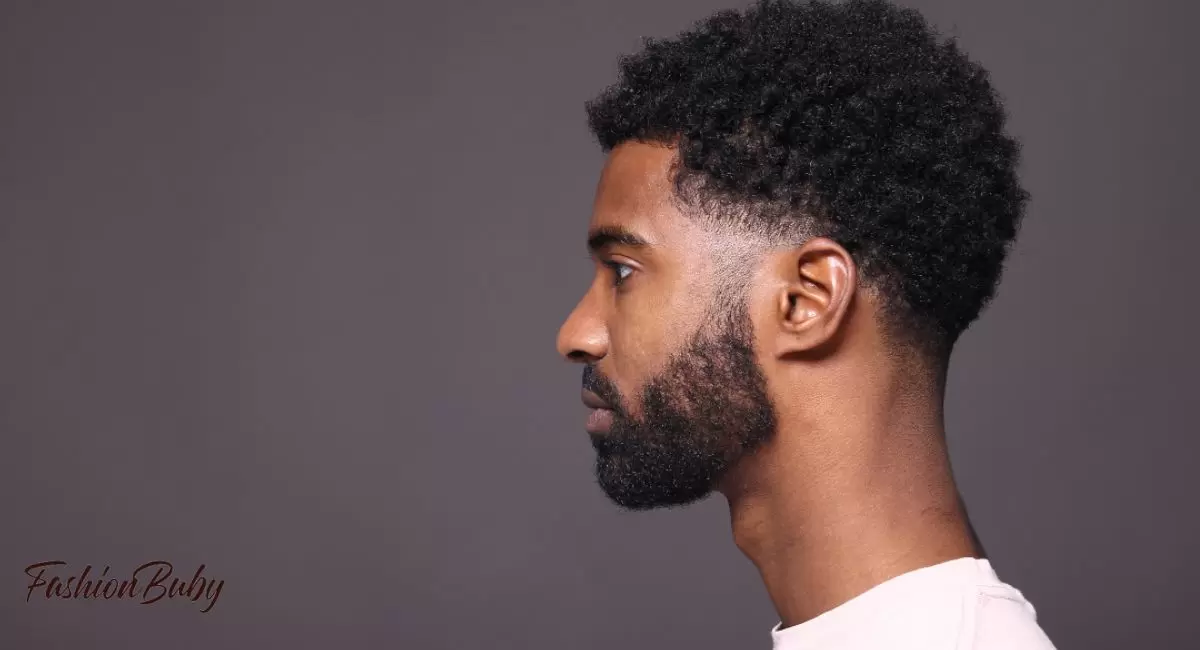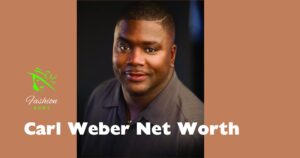Taking care of afro hair can be challenging, but it’s important for maintaining healthy and strong hair. This guide provides 14 top tips specifically for men’s afro hair care. Each tip is easy to follow and helps address common hair concerns. From washing and moisturizing to protective styles and diet, these tips cover all aspects of hair care. Follow these guidelines to keep your afro hair looking its best every day.
1. Don’t Wash Your Hair Every Day
Afro hair is naturally dry, so washing it every day can strip away the essential oils that keep it moisturized. These natural oils are crucial for maintaining the health and shine of your hair. Instead, aim to wash your hair once or twice a week.
This routine helps to maintain the natural oils in your scalp and hair, keeping it hydrated and preventing dryness and breakage. Over-washing can lead to brittle hair, which is more susceptible to damage. By reducing the frequency of washing, you allow your hair to retain its moisture and strength.
Related Post: How To Massage Scalp After Hair Transplant
2. Go Sulfate-free
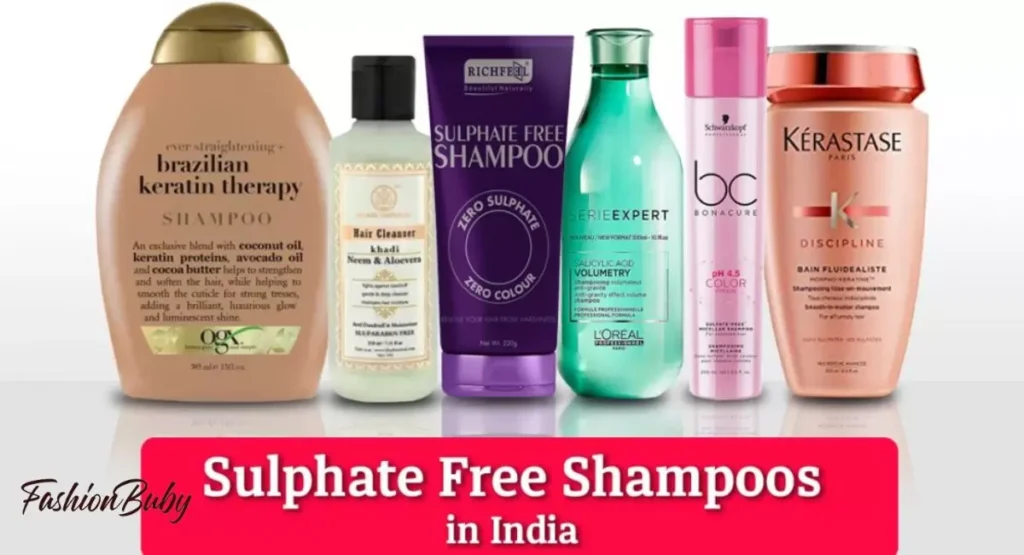
Sulfates are harsh detergents commonly found in shampoos, but they can be very drying for afro hair. These chemicals strip the hair of its natural oils, leading to dryness and frizz. To keep your hair healthy, opt for sulfate-free shampoos.
These products are formulated to cleanse your hair without removing the moisture it needs. Sulfate-free shampoos are gentler on your hair and scalp, helping to maintain a healthy balance of natural oils. This switch can make a significant difference in the texture and overall health of your hair.
3. Condition Your Hair
Conditioning is a crucial step in afro hair care. After washing your hair, always follow up with a good conditioner. This helps to detangle your hair, making it easier to manage and style. Conditioners work by smoothing the hair cuticle, which reduces frizz and enhances shine.
For the best results, leave the conditioner in your hair for a few minutes before rinsing it out. This allows the nourishing ingredients to penetrate your hair shafts, providing deep hydration and strengthening your hair from within.
4. Moisturize Your Hair Properly
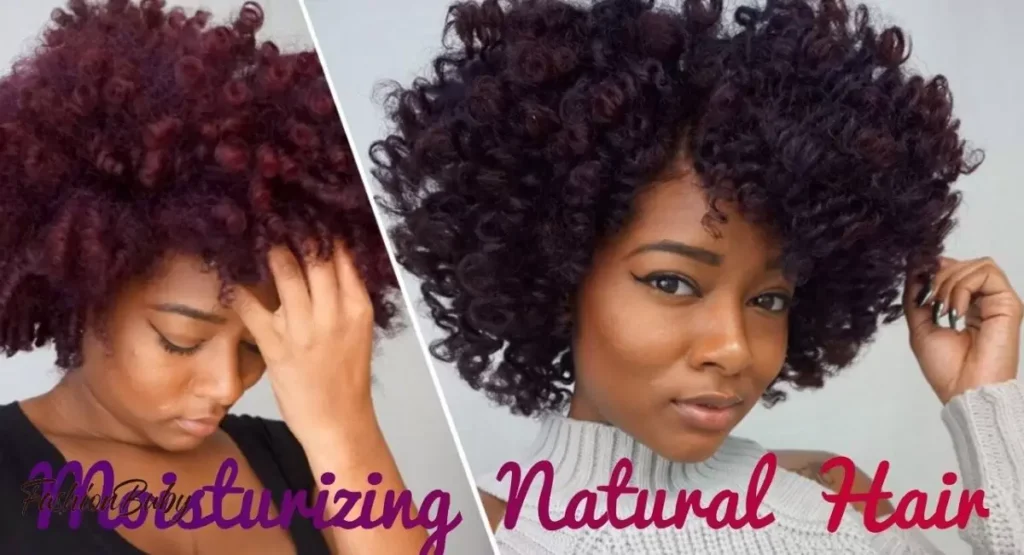
Afro hair tends to be drier than other hair types, so it requires regular moisturizing. Use a leave-in conditioner or hair oil to keep your hair hydrated and manageable. Products with natural ingredients like shea butter, coconut oil, and jojoba oil are excellent choices.
These ingredients penetrate the hair shaft and provide long-lasting moisture. Regular moisturizing helps to prevent dryness, breakage, and split ends, making your hair look healthier and more vibrant. Apply these products to damp hair for better absorption and distribution.
5. Protect Your Hair From Harsh Conditions
Harsh environmental conditions like excessive sun exposure, wind, and cold weather can damage your hair. To protect your afro hair, wear a hat or scarf when you’re outside in extreme conditions. This helps to shield your hair from the elements and prevent moisture loss.
Consider using hair products with UV protection to guard against sun damage. Protecting your hair from harsh conditions helps to maintain its health and prevents dryness and breakage, ensuring your hair stays strong and resilient.
Read this also: Hair You’ve Always Dreamed Of: What Are I-Tip Extensions?
6. Consider Using Protective Styles
Protective styles such as braids, twists, and cornrows can help reduce hair damage and promote growth. These styles protect the ends of your hair, which are the oldest and most fragile part. By tucking the ends away, you minimize their exposure to the elements and reduce the risk of breakage.
Protective styles also reduce the need for daily styling, which can cause wear and tear on your hair. Remember to change your protective style regularly to avoid stress on your hair follicles and scalp. This rotation helps to keep your hair healthy and promotes overall growth.
7. Use Natural Products
- Natural hair care products are free from harsh chemicals and synthetic ingredients.
- Look for products with natural ingredients like shea butter, coconut oil, aloe vera, and argan oil.
- These ingredients provide essential nutrients that nourish and strengthen your hair.
- They help retain moisture, reduce frizz, and improve the overall health and appearance of your hair.
- Choosing natural products minimizes the risk of irritation and allergic reactions, keeping your hair and scalp healthy.
8. Have A Balanced, Nutritious Diet
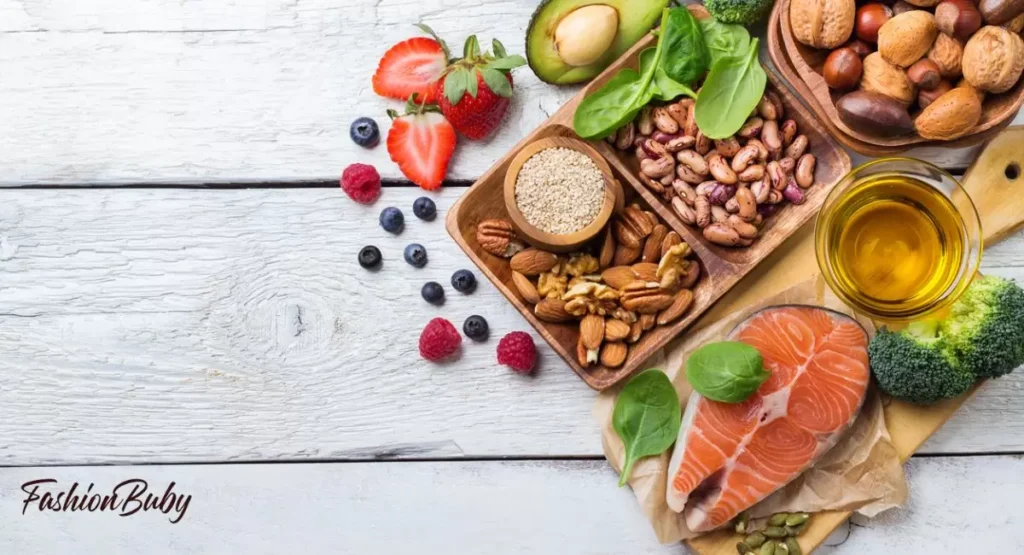
A healthy diet plays a significant role in maintaining the health of your hair. Eating a balanced diet rich in fruits, vegetables, proteins, and healthy fats provides your hair with the essential nutrients it needs to grow strong and healthy.
Foods like salmon, nuts, eggs, spinach and avocados are excellent sources of vitamins and minerals that promote hair health. Protein is particularly important because hair is made of keratin, a type of protein. A diet lacking in essential nutrients can lead to hair thinning, dullness, and breakage.
9. Don’t Forget Your Supplements
If your diet is lacking in certain nutrients, consider taking supplements to support your hair health. Supplements like biotin, vitamin E, and omega-3 fatty acids are known to promote hair growth and strength. Biotin, also known as vitamin B7, helps to strengthen hair and prevent breakage.
Vitamin E is an antioxidant that promotes healthy scalp circulation, which is essential for hair growth. Omega-3 fatty acids nourish the hair follicles and improve the overall health of your scalp. Always consult with a healthcare provider before starting any new supplement regimen.
10. Get Regular Trims
Regular trims are essential for maintaining the health and appearance of your hair. Trimming the ends every 6-8 weeks helps to remove split ends and prevent them from traveling up the hair shaft. This practice promotes healthier and stronger hair growth.
Regular trims also help to maintain your hair’s shape and style, keeping it looking neat and well-groomed. While it might seem counterintuitive, cutting your hair regularly actually promotes growth by preventing breakage and damage.
11. Cover Your Hair At Night
Covering your hair at night with a silk or satin scarf or bonnet can significantly reduce friction and prevent breakage. These materials are gentler on your hair compared to cotton, which can cause dryness and split ends. Silk and satin help to retain moisture in your hair, keeping it hydrated and reducing frizz.
Covering your hair at night helps to maintain your hairstyle, making it easier to manage in the morning. This simple step can make a big difference in the overall health and appearance of your hair.
12. Don’t Neglect Your Scalp
A healthy scalp is crucial for healthy hair growth. Regularly massage your scalp to stimulate blood flow and promote hair growth. Scalp massages also help to relieve stress and tension, which can negatively impact hair health.
Use oils like tea tree, peppermint, or jojoba oil for extra nourishment. These oils have antifungal and antibacterial properties that help to maintain a clean and healthy scalp. A well-nourished scalp provides a strong foundation for healthy hair growth.
13. Avoid Heat
Excessive heat can cause significant damage to afro hair, leading to dryness, breakage, and split ends. Limit the use of heat styling tools like hairdryers, flat irons, and curling irons. If you must use them, always apply a heat protectant spray or serum to shield your hair from the high temperatures.
Try to embrace your natural texture and opt for heat-free styling methods whenever possible. Air drying, braiding, and twist-outs are great alternatives that reduce the risk of heat damage and keep your hair healthy.
14. Remember Your Facial Hair!
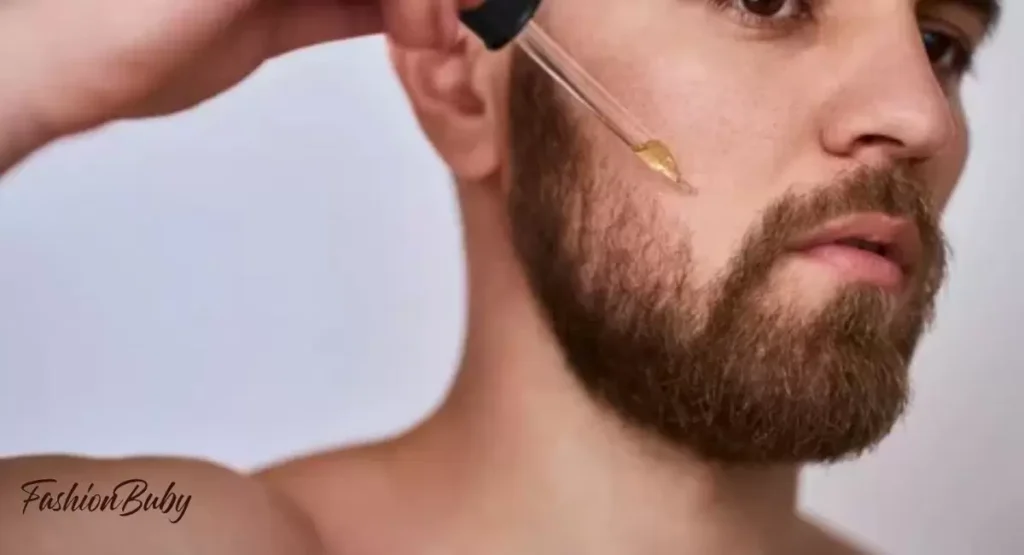
Facial hair requires care and attention just like the hair on your head. Use beard oils and conditioners to keep your beard and mustache soft, hydrated, and well-groomed. These products help to prevent dryness and breakage, making your facial hair more manageable.
Regularly trimming and shaping your facial hair helps to maintain a neat appearance. Pay attention to the skin underneath your beard as well; keep it clean and moisturized to prevent irritation and promote healthy hair growth.
Frequestly Asked Questions
How should a black man take care of his hair?
A black man should moisturize his hair regularly with products suited for textured hair types. Gentle cleansing, deep conditioning, and protective styling are essential for maintaining health and managing natural curls or coils.
What helps black men’s hair grow?
Black men’s hair growth benefits from regular scalp massages to improve blood circulation and using moisturizing products like oils and creams to maintain hydration and prevent breakage.
How to wash black male hair?
Wash black male hair with a moisturizing shampoo designed for textured hair types. Gently massage the scalp to cleanse without stripping natural oils, then follow with a hydrating conditioner to maintain moisture and manageability.
What is the best oil for black men’s hair?
The best oil for black men’s hair often includes natural options like coconut oil or jojoba oil, which provide moisture, strengthen hair, and promote healthy growth without weighing it down.
Should I oil my black hair everyday?
It’s generally not necessary to oil black hair every day. Over-oiling can lead to buildup and weigh down the hair. Apply oil as needed to maintain moisture and shine, focusing on the ends and scalp as necessary.
What oil thickens black hair?
Castor oil is known to thicken black hair due to its high ricinoleic acid content, which promotes hair growth and thickness. Applying it to the scalp and hair strands can help strengthen follicles and enhance hair density over time.
Conclusion
Caring for men’s afro hair requires a holistic approach that addresses its unique needs. By following these 14 essential tips, men can achieve healthy, strong hair. Starting with proper washing techniques, such as using sulfate-free shampoos and regular conditioning, helps maintain moisture and minimize dryness. Moisturizing with natural oils like coconut and jojoba keeps hair hydrated and promotes growth, while protective styles protect against damage and aid in maintaining hair health.
A balanced diet rich in nutrients supports hair growth and strength, complemented by scalp care and occasional trims to prevent split ends. Avoiding excessive heat and protecting hair from harsh environmental conditions are crucial for maintaining hair integrity. By incorporating these practices into a regular routine, men can ensure their afro hair remains vibrant, manageable, and resilient, enhancing overall confidence and style.

